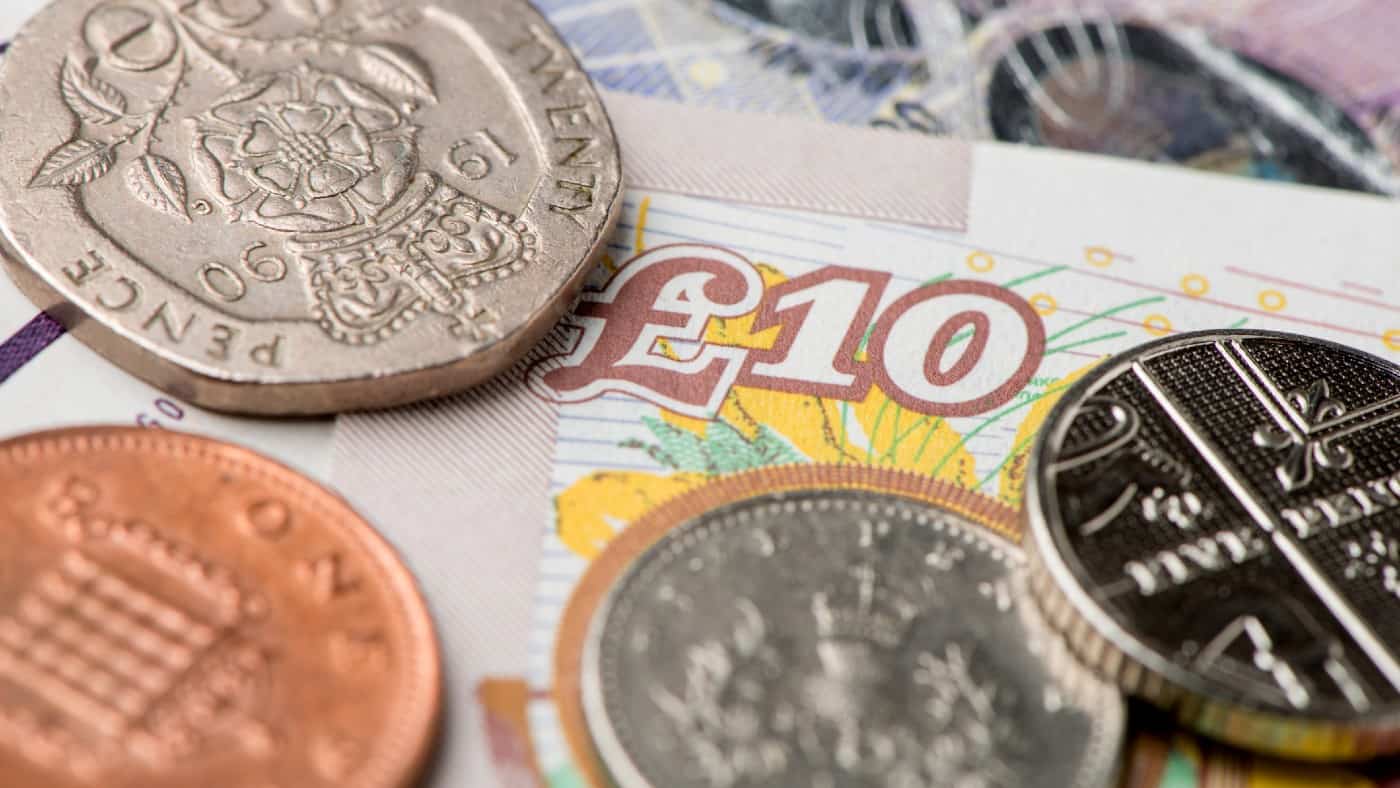Unilever‘s (LSE:ULVR) share price has taken quite a beating this year. With fears of inflation on the rise, the consumer goods business has seen a lot of pressure added to its profit margins. Consequently, over the last 12 months, the stock has fallen by just under 20%. But last week, management released its third-quarter trading update, which saw the return of some upward momentum. So, what has this business been up to? And is its dwindling price actually a buying opportunity for my passive income portfolio?
The share price rises on earnings
Looking at the latest report, the company has managed to deliver growth, albeit a tiny amount. Total revenue grew to €13.5bn during its third quarter. That’s about 4% higher than a year ago. And it has pushed its nine-month turnover for 2021 to €39.2bn.
Seeing growth is positive. However, as investors had previously feared, the impact of inflation on this business has started emerging. Underlying volume growth (UVG) of all its divisions, namely Beauty & Personal Care, Home Care, and Food, was in the red. That means this consumer goods business is actually selling fewer products.
Falling sales volumes are obviously not an encouraging sight. However, as shown by an expanding top line, management was able to mitigate the adverse effects by increasing prices. Overall, while UVG fell by 1.5%, product prices during the period were hiked by 4.1% on average. To me, that proves, the company still has some notable pricing power behind its various brands, even if it might drive some shoppers to cheaper alternatives. What’s more, sales from its e-commerce platform continued to expand by 38%. But it still only represents around 12% of the revenue stream.
All things considered, the report seemed decent given the unfavourable operating environment. So watching the Unilever share price rise on this report isn’t too surprising to me.
The risks that lie ahead
So far, Unilever, on a revenue basis, has remained relatively immune to the damaging effects of inflation. However, whether that can continue over the long term has yet to be seen. A significant chunk of its brands fall into the premium category. Therefore, suppose inflation is not as transitory as central bankers currently believe. In that case, the increased prices could cause consumers to start eliminating premium goods from their shopping lists. Or they could simply replace them with cheaper alternatives. Needless to say, that would be bad news for the Unilever share price.
Management has addressed this risk. And it has begun deploying capital to improve internal operational efficiency as an alternative means to protect margins through cost savings. If successful, it reduces the group’s reliance on simply raising prices as its only lever in the fight against inflation.
The bottom line
Unilever has maintained its turnover despite the sales challenges it’s currently facing. But inflation costs are likely to stick around throughout 2022, where the firm’s pricing power will be really put to the test.
Management expects full-year performance to remain relatively flat. That’s not a particularly enticing investment opportunity for growth investors. However, from a passive income perspective, the recent fall in the Unilever share price has pushed its yield to just under 4%. And that certainly sounds like an attractive offer for my income portfolio.








